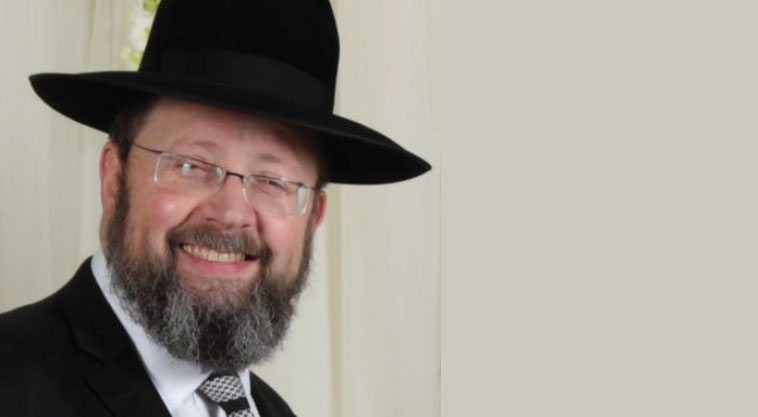Shared Space: Chapter 31


Moish Melberg tapped on the steering wheel of his black Camry as he waited for the light on County Line to change. This was it.
He’d tried the other way, working in demolition. Then, when his boss screamed at him for missing a day after Shiffy was born, Moish had calmly said, “Really,” and smiled and thrown the keys to the truck and the helmet on the table. “I’m out of here, see ya,” he’d said over his shoulder as he’d walked out.
It felt good to do that, though being out of a job with a new baby was sort of scary. Moish Melberg was about respect, and a work environment should have respect. His neighbor had found him a job driving for Poppy Seeds, picking up platters in Brooklyn and driving them to Lakewood twice each day. It was a job, too, and the people were decent, but he came home smelling like onions and herring.
He wanted a job with a desk in a carpeted office, where he could dress nicely and make real money. His brother-in-law had suggested this, and here he was, on time for his interview in a new light paisley-collared shirt, sunglasses up on his head.
He parked assertively, reasoning that if his potential new bosses were looking out the window, they would see that he was the sort who parked in one move, in the closest spot, not one of those timid safe go-to-the-empty-part people.
He squared his shoulders and walked into the lobby: gray tiles, a non-operational waterfall, and a black couch framed by two plants. He scanned the board, found Central Jersey Finance, suite 208, and headed for the stairs. He still wasn’t sure why, but his brother-in-law thought the job would be perfect for him. An interview, Moish had read online, isn’t just to be heard, but to hear. Go in with the attitude that they need you, too. He was ready.
The online advice forum had suggested arriving precisely on time, so at 3:30 sharp, Moish knocked at the door to Central Jersey Finance.
“Look.” The interviewer was a heavyset guy named Noach who kept shifting in his seat. “Imagine you had a shipment of pens to sell, ’kay? And you paid three dollars each, how much would you sell them for?”
This was easy. Moish spoke confidently. “Three dollars is my cost, and let’s say there are travel expenses, advertising costs, right? And a 15 percent profit would be good, so probably around four fifty.”
“Yeah, okay, whatever.” Noach shifted again, “Right. Basically, what I’m trying to say is that everything is worth money, any goods you’re selling have a value, plus a profit, okay? You follow?”
“Yes.” Moish nodded, trying not to look impatient. This was easy stuff.
“Okay, so listen up. It’s true no matter what you’re selling — pens or sneakers or potatoes, maskim?”
“Maskim.”
“So now comes part two, and this will explain to you exactly what it is we do. Money is also worth money. Meaning, a hundred dollars isn’t worth a hundred dollars, because just like you’d sell shoes with a three-dollar value for four — because people want it — so too cash itself. If people want it, then it has a value on top of whatever amount it is.”
He was staring intently at Moish now.
Moish thought it made sense. “Okay,” he said. (Excerpted from Mishpacha, Issue 718)
Oops! We could not locate your form.





